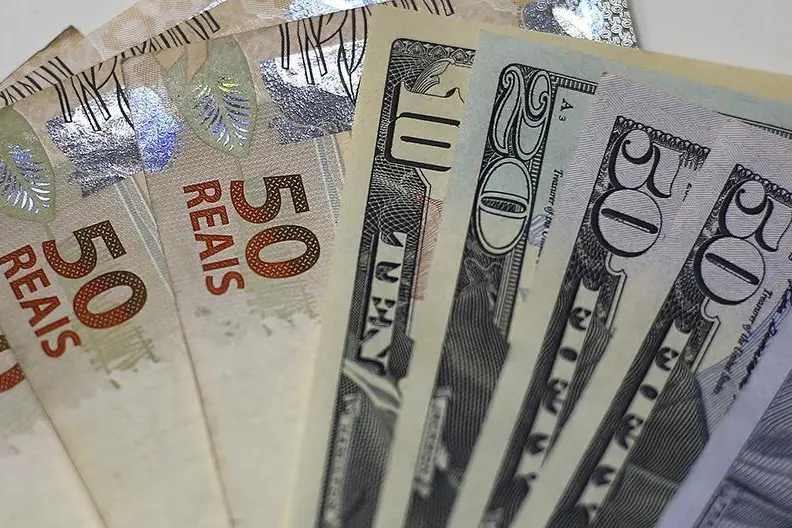PHOTO
Outstanding loans in Brazil grew by 7.9% in 2023, a sharp deceleration from the previous year when the expansion had been 14.5%, central bank data showed on Tuesday.
The credit stock saw a 1.4% increase in December from the previous month, with the volume of financing concluding the year at 5.8 trillion reais ($1.16 trillion).
The slowdown in outstanding loans last year was driven by high borrowing costs.
Policymakers initiated an easing cycle in August, reducing the benchmark interest rate from a six-year high of 13.75%, which had remained unchanged for almost a year to tame inflation. The country's benchmark interest rate closed 2023 at 11.75% and is currently at 11.25%.
In the minutes of its latest rate decision, policymakers said on Tuesday that monetary easing is already being transmitted to the credit market.
"There are signs of increased credit granting in some lines and reduction in current interest rates on new operations, also helped by an incipient growing appetite of financial institutions to offer credit in some lines," they wrote.
According to central bank data, corporate credit expanded by 4.5% in the year compared to 10.1% in 2022, while household credit grew by 10.1% compared to 17.7% the previous year.
Non-earmarked credit default rate, encompassing both individual borrowers and businesses, reached 4.7% in December, increasing by 0.5 percentage points over the year. Lending spreads rose by 1.4 points in 2023, reaching 30.2 percentage points.
The rise in the cost of credit occurred despite the monetary easing kick-off and government efforts to deleverage households by offering incentives for debt renegotiation with discounts through a broad consumer debt renegotiation program called Desenrola.
($1 = 4.9872 reais)
(Reporting by Marcela Ayres; Editing by Steven Grattan)





















